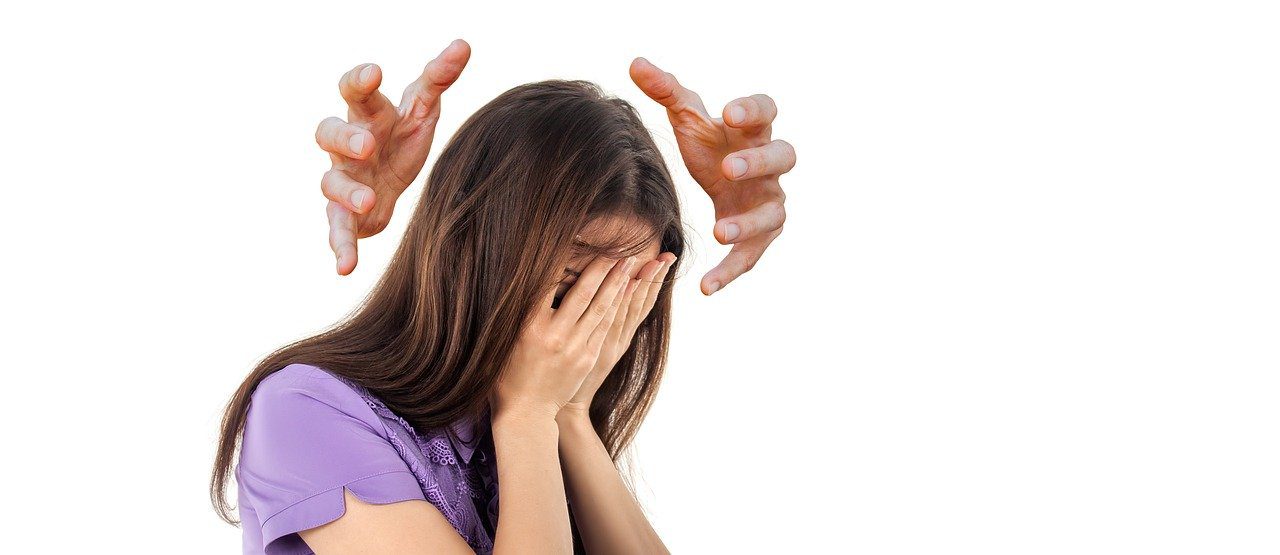
Medical Marijuana for Migraines
Many migraine sufferers are now turning to an unlikely source for relief: medical marijuana. The trend follows rising nationwide acceptance of cannabis use in the U.S., as 33 states now permit medicinal use and 11 states allow recreational use. Cannabis is used to address everything from glaucoma to epilepsy, but could a person also use marijuana for migraines?
What Science Says About Cannabis for Migraines
A 2017 clinical review of cannabis for headaches uncovered some interesting findings. Reviewing a wide body of clinical analysis dating as far back as the 19th century, researchers concluded that “although placebo-controlled clinical trials are still needed to appropriately determine efficacy, it appears likely that cannabis will emerge as a potential treatment for some headache sufferers.”
The researchers elaborated that the body’s CB1 receptor may be largely responsible for this positive outcome. According to the review, certain people are predisposed to migraines and chronic headaches because of a decrease in the CNR1 gene, which encodes the CB1 cannabinoid receptor.
CB1 is one of two major receptors that bind to cannabinoids and influence systems in the body. Localized to the brain and noted for influencing the central nervous system, CB1 has been associated with many types of pain relief. It seems to work especially well for migraines, as some subjects experienced relief for up to 14 months after using cannabis.
How to Use Medical Marijuana for Migraines
When it comes to using marijuana for medicinal purposes, the dosage is important. The subjects in the aforementioned review experienced relief with approximately 21 milligrams of THC, but everyone metabolizes cannabis differently. For people just starting out, it’s best to limit the dosage to 5 to 10 mg and see how your body reacts. Then increase the dosage gradually depending on your tolerance.
If you aren’t sure how to measure the THC content with smoking or vaping, there are more precise delivery methods you can use. For example, tinctures and caplets offer precise dosage measurements that you can follow. Monitor your dosage carefully. Because cannabis has a biphasic effect, it may react differently in the body at high doses than at low doses. In other words, while a low dose may cure your headache, a high dose could potentially make the problem worse.
Possible Side Effects
The issue of cannabis side effects goes right back to dosage. At low doses, most people don’t experience major side effects. At high doses, though, marijuana has been known to induce changes in mood and temporary loss of memory. Extremely high doses may even result in paranoia, hallucinations, and psychosis.
High doses can also lead to withdrawals when the intended effect wears off, and that’s another reason to keep the dosage low to moderate. The review found that headaches are common in 23.2% of users experiencing cannabis withdrawal, and migraine-prone individuals may be especially vulnerable to this effect. Keep the dosage under control.
Do Migraines Qualify You for Medical Marijuana?
If you suffer from migraines but are not currently a medical marijuana patient, you may qualify for a doctor’s recommendation or prescription. The following states expressly approve medical marijuana for migraines and chronic headaches:
Many other states, like Arkansas and Georgia, cite “intractable pain” as a qualifying condition. This description may apply to migraines, but it’s ultimately up to the doctor’s discretion.
Talk to Your Doctor
If you suffer from migraines and would like to pursue cannabis as a possible solution, the best thing to do is to speak with your doctor. This is especially important if you’re already taking prescription medications for migraines or another condition. Cannabis can interact with certain medications, suppressing liver enzymes responsible for metabolizing those drugs.
More research is still needed, but given the promising data and the growing body of anecdotal evidence, marijuana may be the migraine solution we’ve been looking for.
